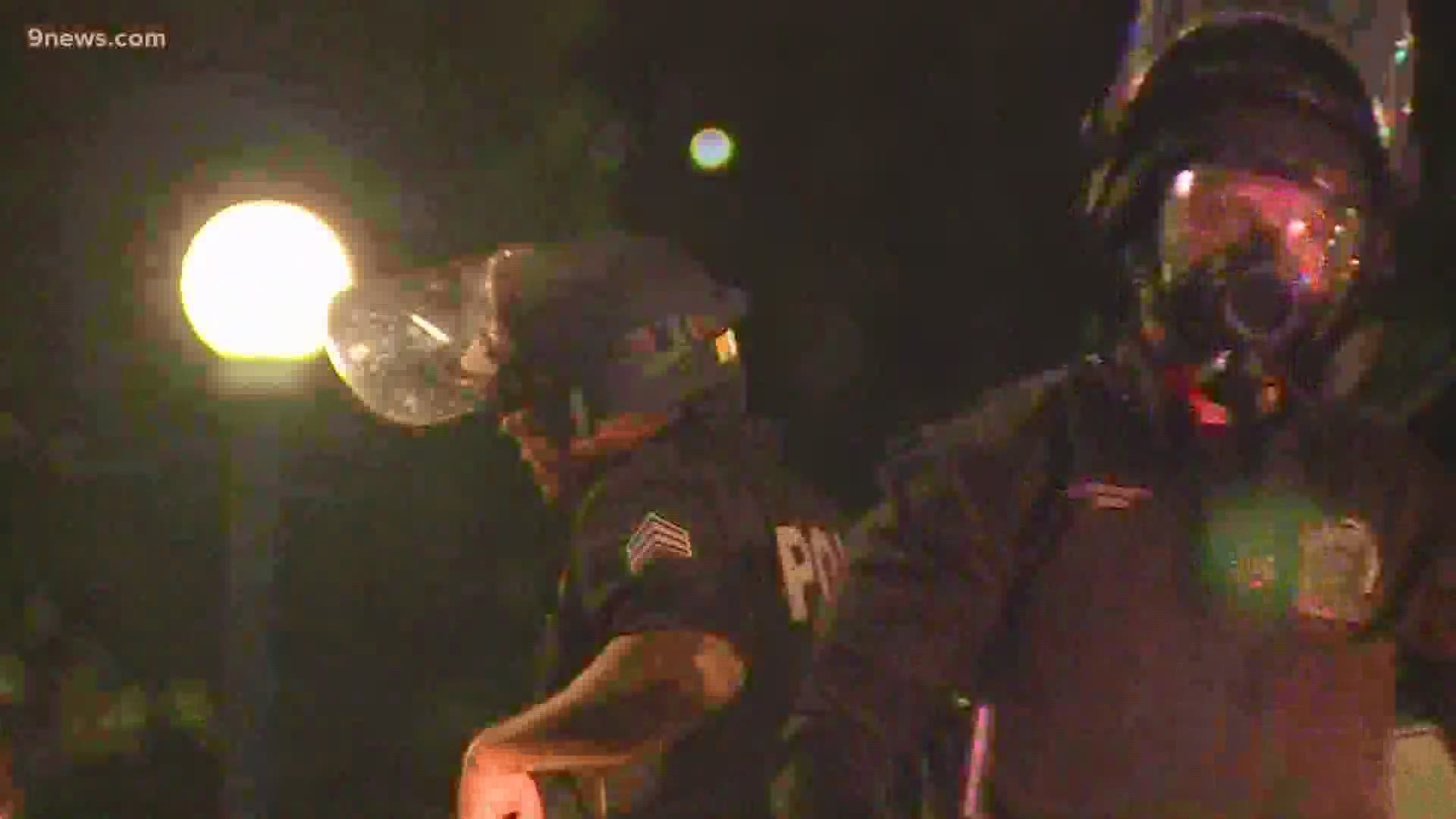DENVER — Since the death of George Floyd, there have been cries all across the U.S. to defund the police.
Several Denver City Council members said they would be in favor of scrutinizing the budget of the Denver Police Department, amid calls nationwide to defund police.
Defunding police doesn’t mean shutting down departments, according to Aya Gruber, a criminal law professor at the University of Colorado and an advocate for police reform.
Over the years, street policing has grown, thanks in large part to crime bills in the 1990s signed by President Bill Clinton, adding officers to patrol neighborhoods, according to Gruber. She said this has led to officers responding to more calls that may be better suited to someone else with different training.
Defunding the police would mean taking money from police and investing in community resources like housing, education and mental health resources, according to Vincent Atchity, the executive director of Mental Health Colorado.
It might mean more responsibility for those agencies and the leader of one of Colorado’s largest mental health advocacy organizations said that he supports the move with some precautions.
“There’s nobody who doesn’t want public safety,” said Atchity. “Law enforcement on the other hand is a different kind of thing and it’s a whole lot less about the health and well-being of a community.”
Atchity said police officers aren’t adequately trained and prepared to “protect and serve and prioritize health and safety over law enforcement.” Instead, mental health professionals could provide that service and expertise.
However, Atchity said people in that specific line of work might continue to need backup from police, particularly during crisis calls. He said removing police altogether from those responses might put social workers in dangerous positions they’re not equipped to handle.
“Clinicians themselves may be uneasy in responding to certain crises, particularly in rural regions in Colorado where there is a lot of space and isolation,” Atchity said. “Somebody with a license in social work driving out onto somebody’s ranch out on a rural area all by themselves without any kind of safety partnership – there is some risk involved there to the work force.”
Atchity said resources must also be considered and the mental health profession is already facing a workforce shortage. When 9NEWS asked him if these specific agencies were equipped to take on more responsibility, Atchity said no.
“Generally speaking, in Colorado and nationwide, we do not have the workforce capacity to provide that kind of first response mobile outreach,” he said.
Atchity said he does feel defunding police is a step in the right direction of keeping public safety the focal point. He said the transformation could lead to a decrease in arrests and more attention on crisis interventions.
“What I would like to see in transformed police department is a real cultural change that would reorient any police work much more toward what they say is their role which is protecting and serving,” Atchity said.
SUGGESTED VIDEOS: Local stories from 9NEWS

